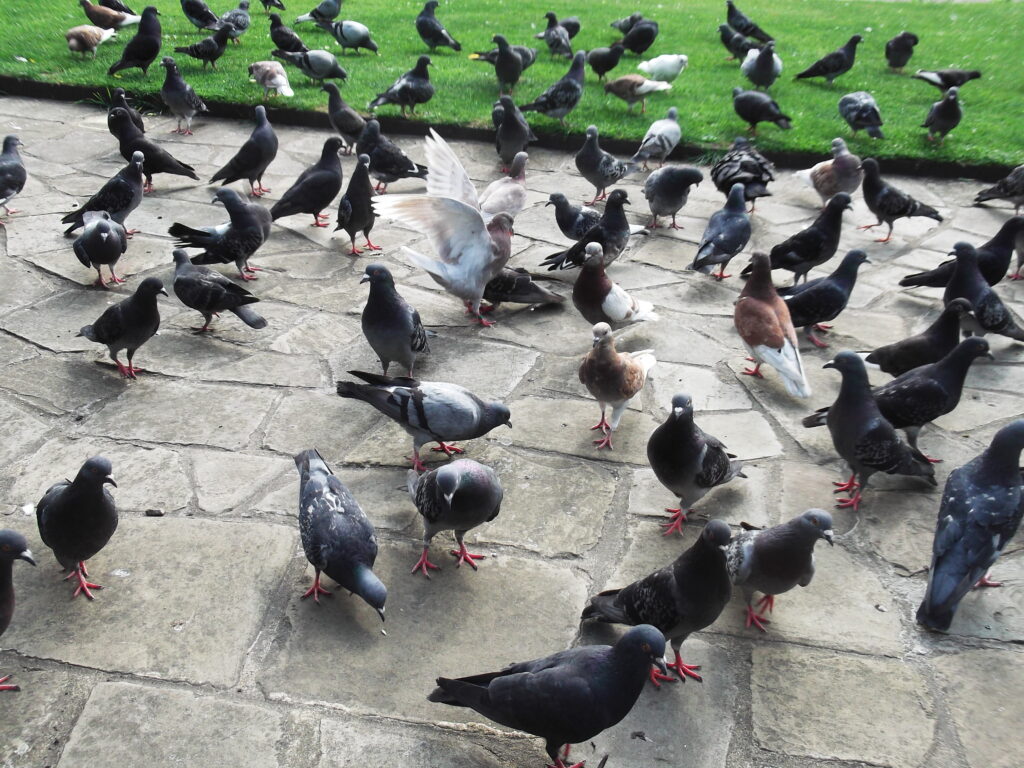How does harassment and discrimination affect NHS staff?
Written by: Nkasi Stoll and the Tackling Inequalities and Discrimination Experiences in health Services (TIDES) study team
What is this study about?
Under the law, discrimination and harassment in the workplace is illegal and the effects on an employee can be significant and sometimes hidden. It can lead to staff experiencing physical and mental health difficulties. Some staff may feel unable to go to work and do the job they have trained for, and when they are at work, they can feel unhappy and no longer enjoy their work.
All this will occur at a time when their role and responsibilities are to help other people in crisis.
Sadly, we know that many different groups of NHS staff have reported experiencing bullying, harassment, and abuse, but significantly higher levels are reported by ethnic minority groups.
Read this summary to find out how harassment and discrimination affects NHS staff who completed the TIDES study survey.
How did we do the study?
931 NHS healthcare staff working in London did a survey known as the TIDES survey.
Healthcare staff included doctors, nurses, healthcare assistants, Improving Access to Psychological Therapy (IAPT) workers.
What is the TIDES survey?
Why London?
London has the most reports of discrimination, bullying, harassment, and abuse in England.
Researchers calculated how many people had experienced or witnessed discrimination and harassment in the workplace.
Researchers looked at the relationship between experiencing or witnessing discrimination and harassment and:
- the things that make the NHS healthcare staff individuals (such as gender, ethnicity, sexual orientation),
- physical and mental health,
- job satisfaction and sickness absence.
What did we find?
NHS staff who experienced/witnessed bullying, harassment, and abuse were more likely to be anxious or depressed.
Witnessing and experiencing bullying, harassment and abuse made NHS staff not enjoy their jobs and not come to work for a long time due to being sick.
So, who were most at risk of discrimination, bulling, harassment and abuse?
Women (compared to men)
- 24% of female staff experienced discrimination compared to 11% of male staff.
- 46% of female staff experienced bullying, harassment and/or abuse compared to 36% of male staff.
Black and Asian staff (compared to White staff)
- 35% of Black staff experienced discrimination compared to 25% of Asian staff, and 14% of White British staff.
- 52% of Black staff experienced bullying, harassment and/or abuse compared to 41% of Asian staff, and 41% of White British staff.
Migrants (compared to non-migrants)
- 29% of migrant staff experienced discrimination compared to 16% of non-migrant staff.
- 49% of migrant staff experienced bullying, harassment and/or abuse compared to 41% of non-migrant staff.
Nurses and healthcare assistants (compared to medical staff)
- 31% of healthcare assistants experienced discrimination compared to 22% of nurses, and 10% of medical staff.
- 47% of nurses experienced bullying, harassment and/or abuse compared to 45% of healthcare assistants, and 39% of medical staff.
More heterosexual staff (21%) experienced discrimination compared to non-heterosexual staff (16%) but more non-heterosexual staff (49%) experienced bullying, harassment and abuse compared to heterosexual staff (43%).
Why is this important?
This was the first UK study to use survey data to find out which NHS healthcare staff from London are most likely to experience or witness discrimination, bullying, harassment and abuse AND to see how it affects them.
In the meantime, the TIDES research team have been talking to NHS healthcare staff to understand how discrimination, bullying, harassment and abuse affects how they feel.
What can I do with this?
I am a policy maker: You can use these study findings to share NHS workforce policy to prioritise resources to address discrimination, bullying, harassment and abuse of minoritised NHS staff.
I am NHS staff: You can take this summary to your manager / supervisor to use as evidence for why you may be struggling with your health, enjoyment and coming into work to ask for extra support.
I am NHS staff manager: You can use this summary to provide support and reach out to the staff members who may need extra support for their personal and professional development.
I am a researcher: You can use this study to justify conducting research on the experiences and outcomes for NHS staff who identify as a woman, Black and Asian, migrant and are nurses and healthcare assistants.
I am a student: You can use this study to reference in your essays or assignments (please see citation below).



